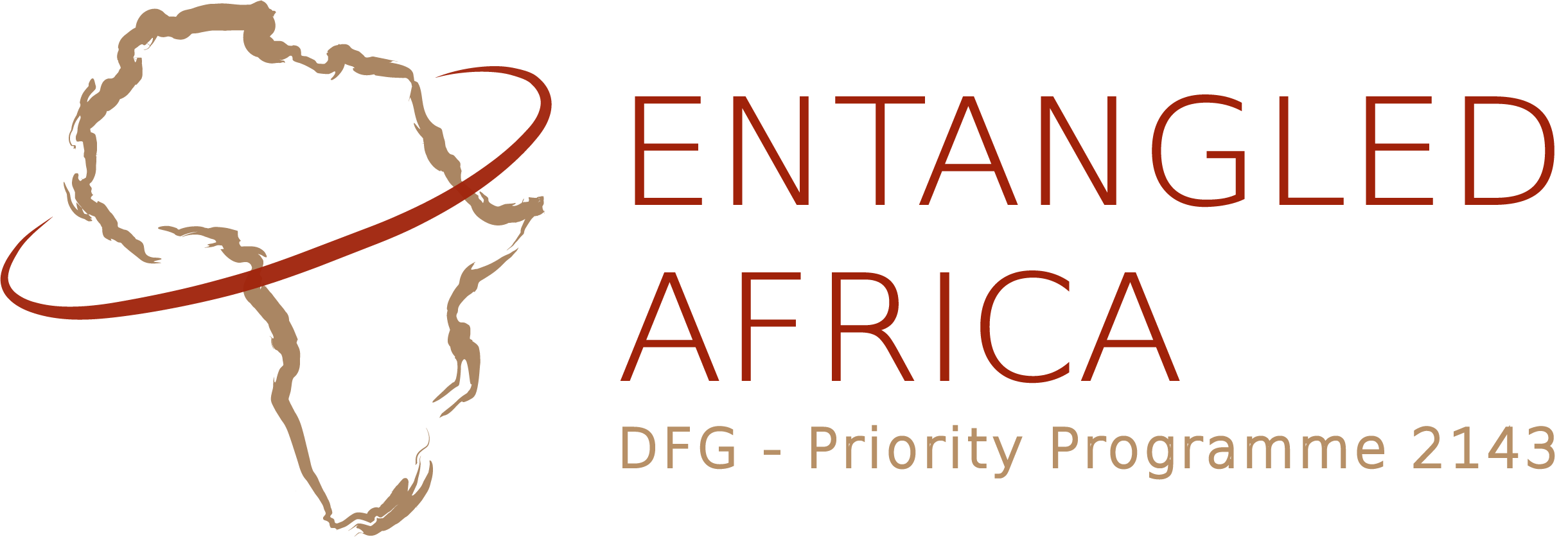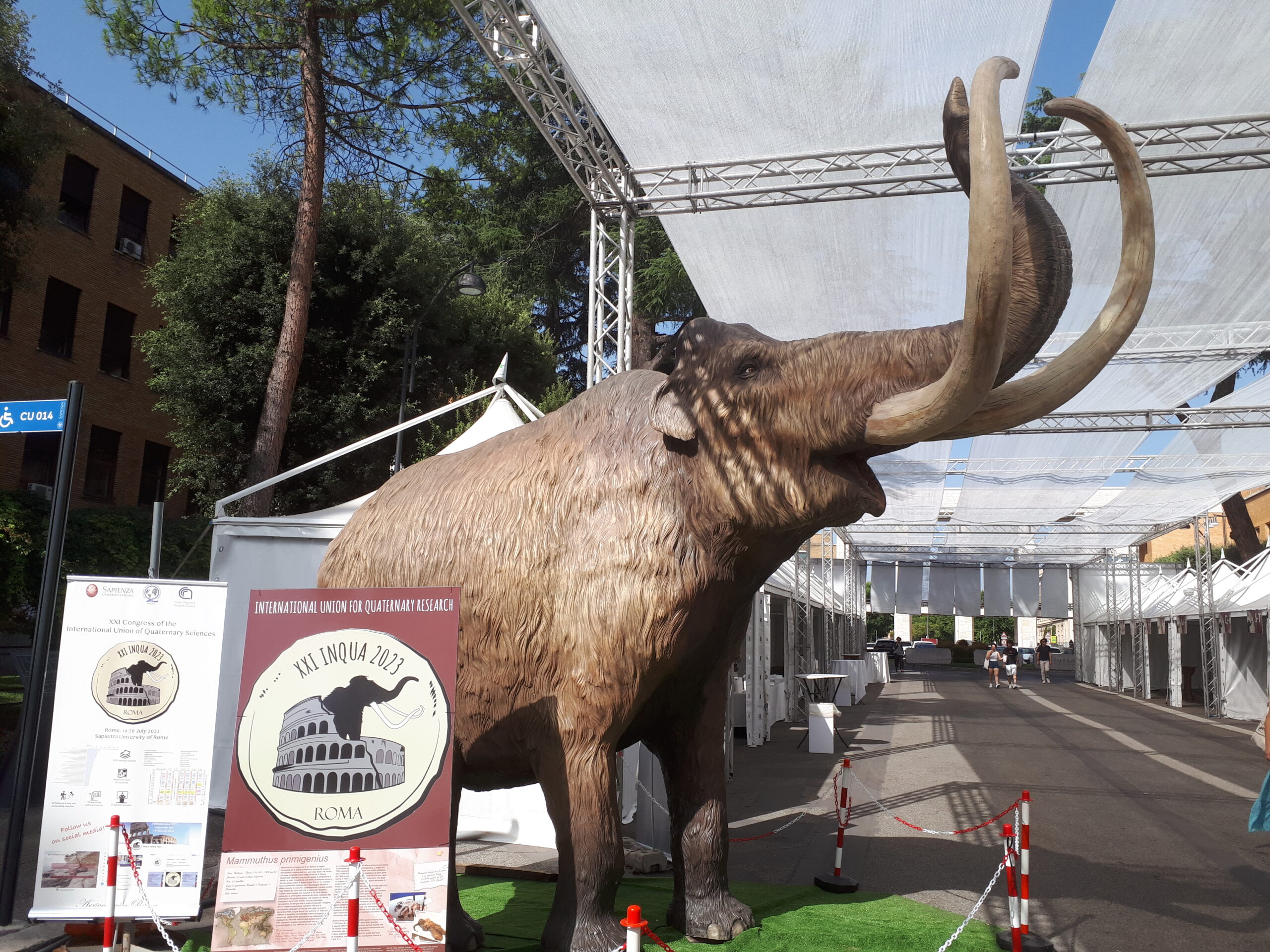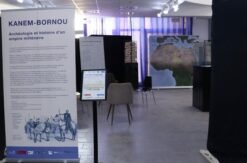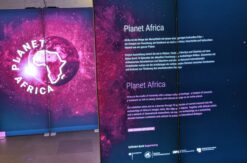"A hot week in Rome" - Projekt DeGree berichtet von der 21. INQUA
It was a “hot week” in Rome, with outside temperatures above 40 °C and even hotter, meaning exciting, scientific reports in the conference rooms of La Sapienza University. The SPP project DeGree was present with two presentations at the 21st INQUA, the conference of the International Union of Quarternary Research, which took place this year from July 13 to 20 in the Italian capital. About 3000 scientists from 50 countries attended the conference. Besides successful conference contributions, Michèle Dinies and Philipp Hoelzmann returned to Berlin with a lot of new impressions and contacts.
The DeGree project deals with the retreat of green vegetation from the central Sahara and the northern Sahel. Among others, the focus is on the Tibesti Mountains and the oases located in their vicinity. Via geochemical, sedimentological and microbotanical analyses, environmental changes and (related) economic turnarounds in the network of these important water reservoirs are traced.
Philipp Hoelzmann reported in the conference session “Quaternary of Northern Africa: Chronostratigraphy and Palaeoclimate variations” on Holocene caldera lakes in the Tibesti Mountains. These now dry lakes are located in volcanic craters. They provided evidence that the Tibesti Mountains acted like water towers due to their geographic location and the wet conditions that existed during the African Holocene Humid Period (ca. 9700 – 4500 before present). Precipitation and runoff was collected here and then discharged into foothills and groundwater. The lecture stimulated a lively discussion about the unexpectedly high precipitation rates during the North African Humid Period in the mountainous regions of the Sahara. These are simulated by high spatial resolution Earth-System-Models and are consistent with sedimentological and geochemical studies of paleolake remnants.
Michèle Dinies’ talk revolved around her area of expertise, pollen analysis. In the session “Climate and Environmental Changes during the Holocene and Past Interglacials Based on Biological and Geochemical proxies,” she presented models for shifts in economic and climatic zones in the central Sahara. These models are based on analysis of pollen from sediments from the same area that Philipp Hoelzmann reported on. The paper illustrated the validation of the newly reviewed, further developed and refined assignment of plant taxa to their respective pollen types. Thus, a more detailed reconstruction of past ecosystem changes was possible than had previously been presented elsewhere.
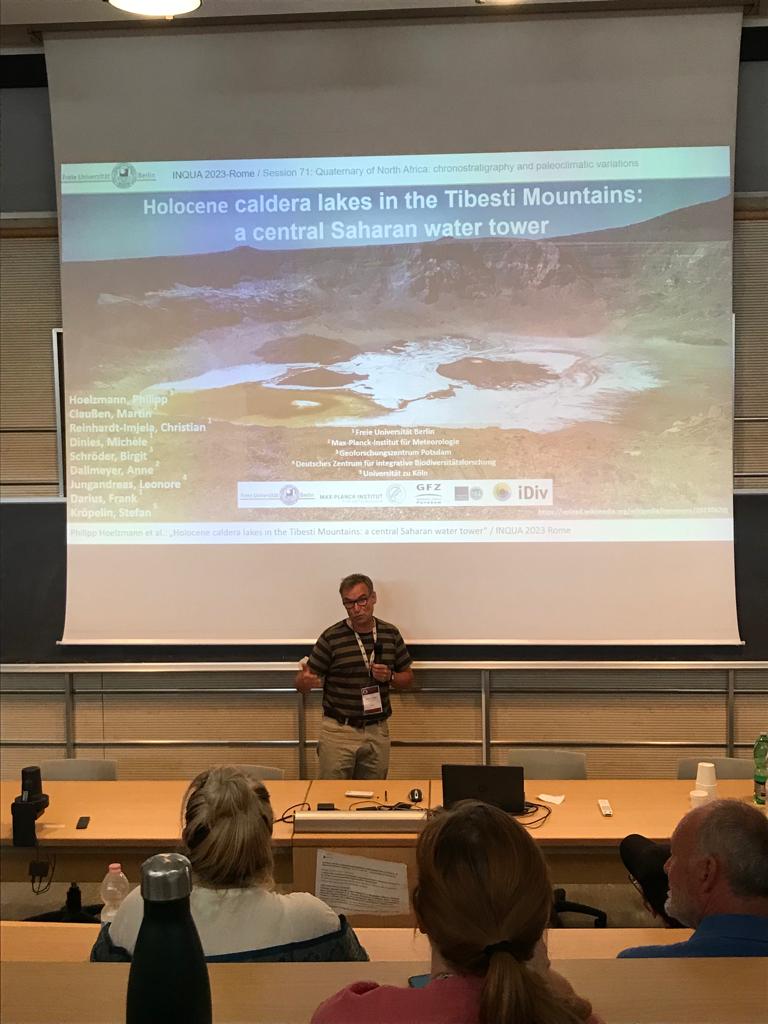
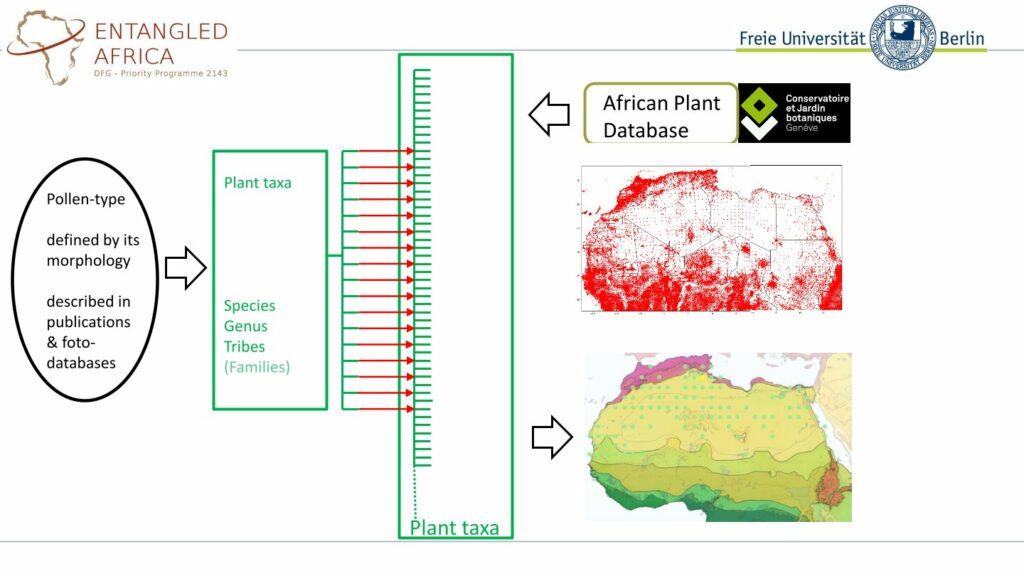
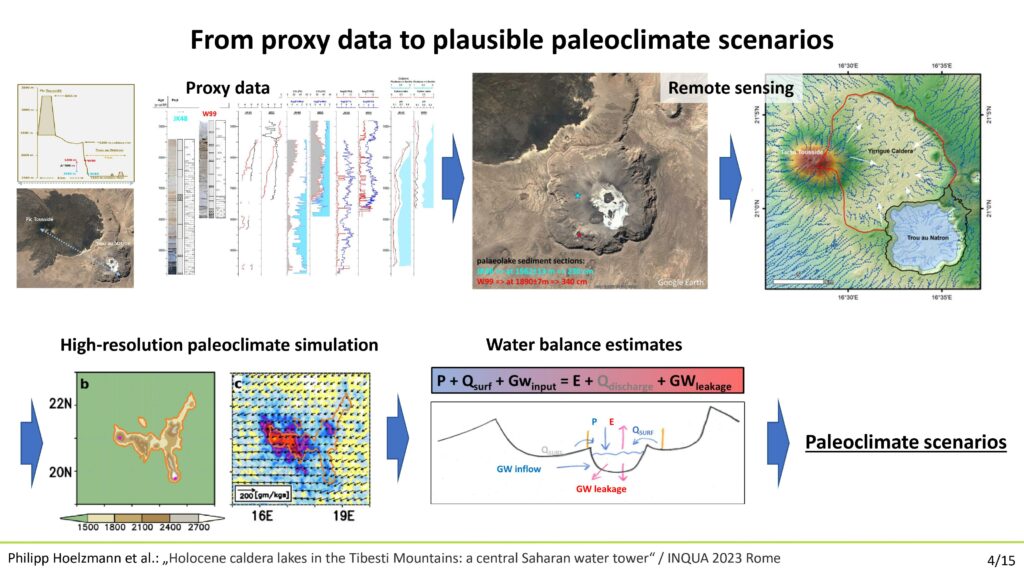
Of course, the personal exchange with many colleagues from all over the world was another important point of the conference visit. Among others, the two SPP-researchers got to know a young scientist from the Republic of Chad. With the support of the Coordination project at the KAAK, it is planned to recruit him as an addition to the scientific force of the DeGree project and, in doing so, to give him the opportunity to advance his own career internationally.
Two conference excursions (1. The ancient port of Rome (Ostia); 2. A tour of volcanology and archaeology at the Neapolitan volcanoes) demonstrated the close relationship between archaeology and geosciences and brought together participants from many disciplines. Philipp Hoelzmann used this opportunity for new scientific impulses for a joint project with the DAI, which is located in a similar environment. During a scientific meeting with Dr. Camilla Colombi (DAI, Rome) and Prof. Pierluigi Pieruccini (University of Turin) it was agreed to work closely together in the near future in the framework of the Prile-Project on the Tuscan coast.
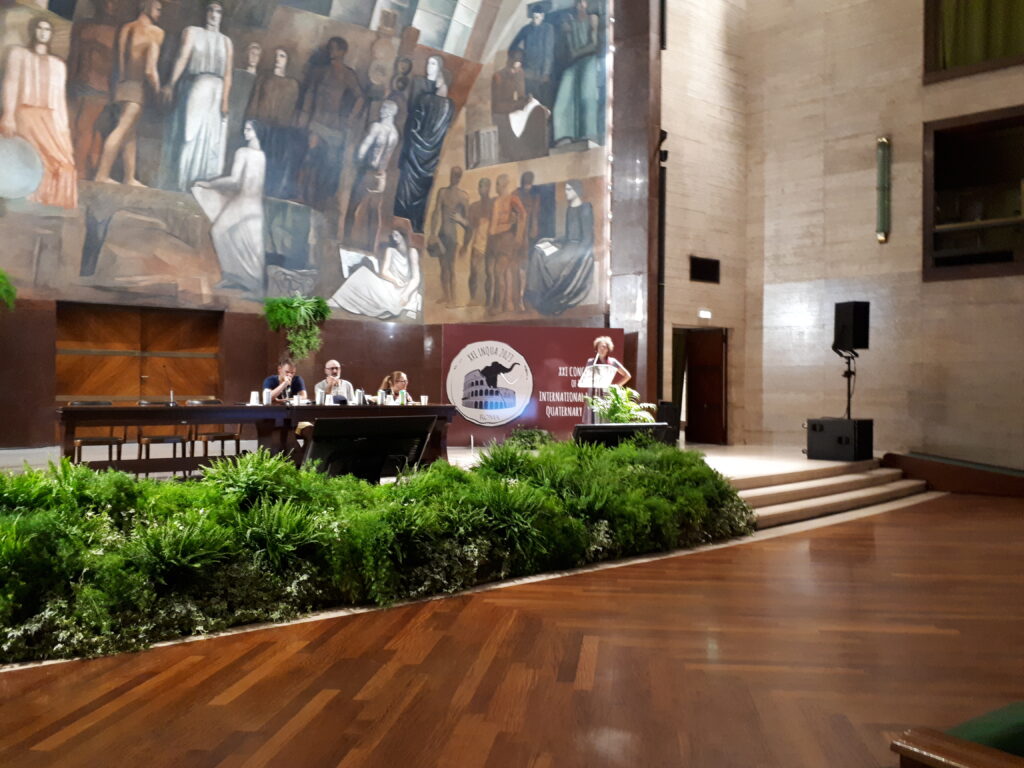
The 21st INQUA Congress in Rome was thus a great success for the two delegates of SPP2143 “Entangled Africa”. And the next INQUA Congress in 2027 in Lakhnau, India, is anticipated with great eagerness.
Authors: Michèle Dinies + Philipp Hoelzmann
